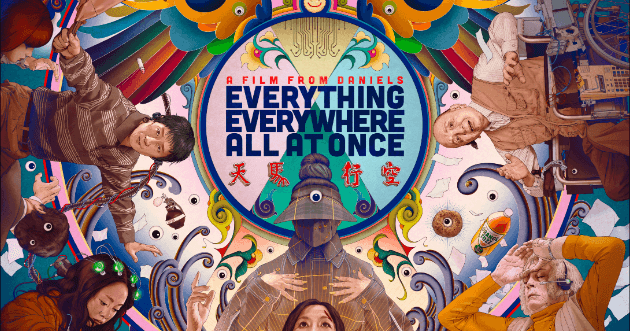Tyler Hummel is a freelance writer and was the Fall 2021 College Fix Fellow at Main Street Nashville. He has been published at Leaders Media, The New York Sun, The Tennessee Register, The College Fix, Law and Liberty, Angelus News, and Hollywood in Toto. He is a member of the Music City Film Critics Association.

